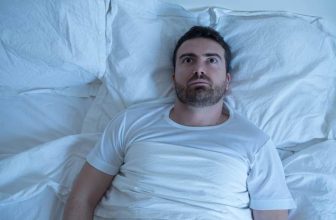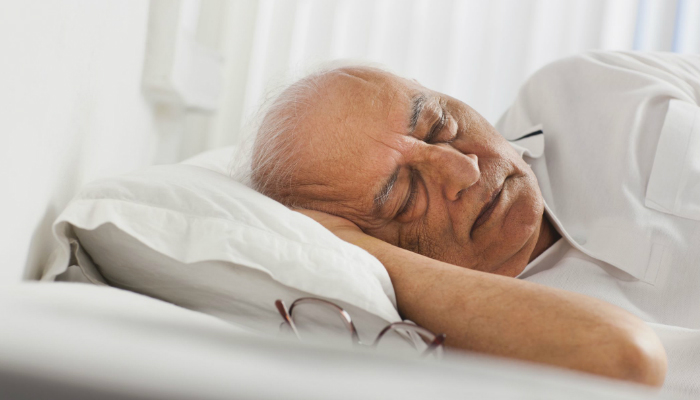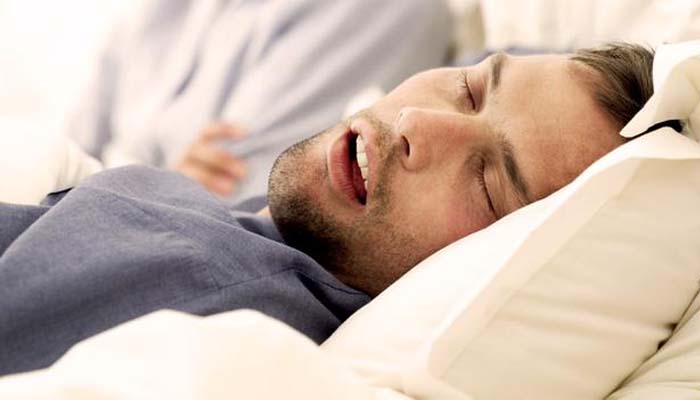
Health Effects of Sleep Apnea
What is Sleep Apnea?
Sleep apnea is a serious sleep disorder where a person arrhythmically stops and resumes breathing throughout the sleep span. The word apnea means ‘stopping breathing’. Many people are unaware of their sleep apnea conditions. Around 3 out of 10 men and 2 out of 10 women suffer from sleep apnea.
Are you sure you are not one of them? Read to find out more.
Symptoms Associated with Sleep Apnea
Since the person suffering from this condition remains mostly unaware, the symptoms are noticed by the partner sleeping beside. The most prominent symptom would be loud snoring. Additionally, the person might unknowingly create a gagging or gasping sound when asleep.
There are some other symptoms to indicate that a person has sleep apnea.
- Disturbance in sleep and multiple wake-ups during the night
- Chronic tiredness at daytime
- Lack of concentration
- Depression
- Morning headaches
- Night sweats
- Poor memory
- Frequent urination at night
- Sexual dysfunction
Types of Sleep Apnea
A person might suffer from any of the following three types of sleep apnea.
1. Obstructive Sleep Apnea
This is the most common form of sleep apnea that occurs when throat muscles relax.
2. Central Sleep Apnea
In this type of sleep apnea, the brain fails to send proper signals to the muscles that control breathing.
3. Complex Sleep Apnea
This condition is also known as “treatment-emergent central sleep apnea” and happens when a person has a combination of both obstructive and central sleep apnea.
What Happens in Sleep Apnea?
When we have sleep apnea, we literally stop breathing for a good 10 seconds or even longer as there is a constraint in air flowing to our lungs. Scary, isn’t it? But again, our brain is quite an expert in absorbing shocks. It immediately wakes us up just for an enough time to resume breathing. This might happen several times a night without our knowledge. Sometimes when the condition is severe, you might wake up as many as 30 times in an hour.
Every action happens in a suppressed state of consciousness.
This constant sleep disturbance puts a strain on our body leading to exhaustion.
Risk Factors of Sleep Apnea
Sleep apnea is not age or gender specific. It can even affect children. However, there are certain factors believed to increase the chances of having sleep apnea.
- Overweight
- Above 40 years of age
- Being Male (men are twice at a risk than women)
- Neck circumference (17 inches or more in men, 16 inches or more in women)
- Physical traits like a large tongue, a small jaw bone or large tonsils
- Gastroesophageal reflux
- Nasal obstruction caused by allergies or sinus problem
- Sleep Apnea runs in the family
Though these might just be the most common symptoms linked to sleep apnea, but not necessarily. So, when you experience such symptoms, talk to your doctor and find out more.
Health Conditions Triggered by Sleep Apnea
Sleep Apnea leads to a number of physical conditions, if left untreated. You might fall prey to
- High Blood pressure
- Diabetes
- Stroke
- Heart failure and cardio-vascular diseases
- Depression
- Headaches and
- Worsening of ADHD
In addition to these, Sleep Apnea results in constant day fatigues that affects performance at workplace.
Treatment of Sleep Apnea
Sleep Apnea can be treated with expert medical intervention. Giving up on poor lifestyle habits and using a CPAP machine at night provides relief.
If you doubt you have sleep apnea, consider taking advice from an Otorhinolaryngologist. Book online appointment with a doctor near you.



